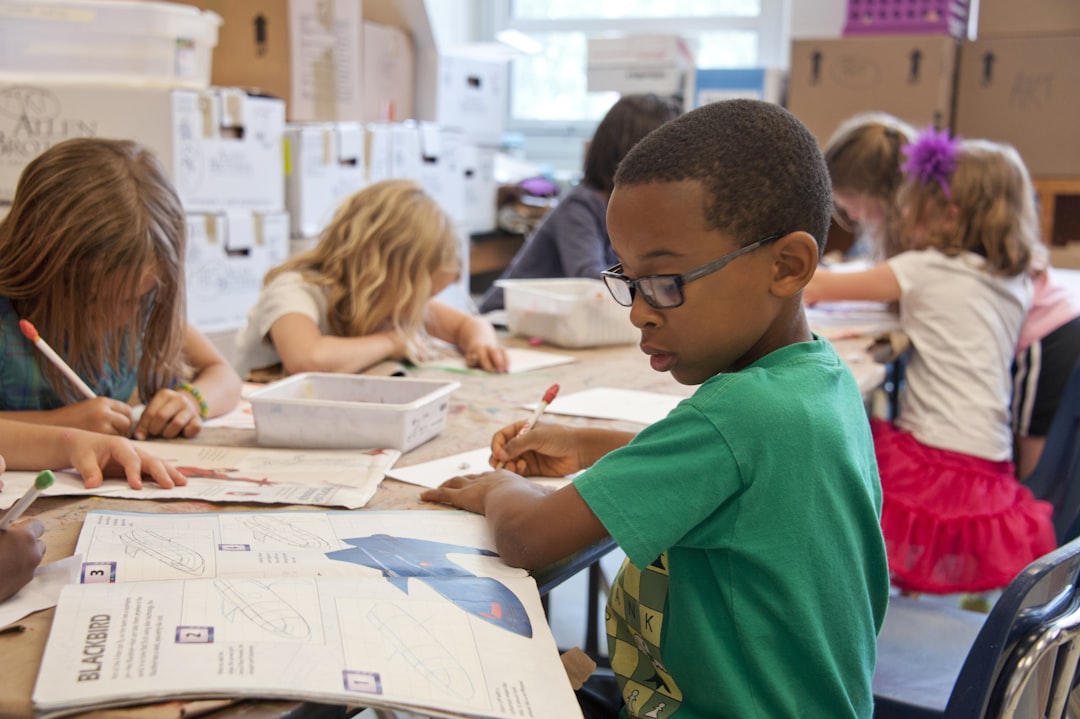In an era marked by rapid technological advancements and shifting global dynamics, the educational landscape is transforming profoundly. As we look towards a future peppered with unknowns, preparing our children not just for school, but for life, becomes imperative. This article delves into the critical skills that children need to cultivate from a young age to remain adaptable, resilient, and successful throughout their lives.
The Art of Adaptability
In a world where change is the only constant, adaptability emerges as a cornerstone skill. For children, this means learning to comfortably navigate through varying circumstances and challenges. Encouraging kids to embrace change rather than fear it prepares them for the inevitable shifts they will encounter throughout their lives. Activities that support this skill include diverse team projects, exposure to different cultures through books and media, and adaptive learning environments that respond to the educational needs of the child.
Critical Thinking and Problem Solving
The leaders of tomorrow need to be able to assess situations critically and come up with effective solutions. Critical thinking involves questioning assumptions and interpreting information and data accurately. Problem-solving is closely tied to this, requiring children to apply knowledge and creativity to overcome obstacles. Educational strategies focusing on real-world scenarios, and STEM (Science, Technology, Engineering, and Mathematics) programs encourage the development of these skills.
Digital Literacy and Technological Fluency
As digital landscapes evolve, so too must our children’s abilities to navigate them. Digital literacy goes beyond just understanding how to use technology—it involves discerning reliable information, creating digital content, and understanding the ethical implications of digital footprints. Schools and parents can foster this fluency by integrating technology in learning environments from an early age, teaching children coding, and setting examples of healthy digital habits.
Emotional Intelligence and Interpersonal Skills
The future workplace will demand a high level of emotional intelligence—understanding and managing one’s own emotions, and empathetically interacting with others. Developing these skills can lead to better collaboration and conflict resolution, essential in both personal and professional spheres. Activities like team sports, drama classes, and community service can be instrumental in cultivating empathy and emotional awareness in children.
Continuous Learning and Curiosity
Fostering a love for learning is perhaps the most timeless of all skills. Curiosity drives innovation and personal growth, and instilling this trait in children ensures they never stagnate. Parents and educators can nurture curiosity through open-ended questions, encouraging exploration, and by creating learning environments that reward inquiry and creativity. Encouraging children to set personal learning goals, even outside the academic curriculum, can promote lifelong learning.
In conclusion, the landscape of future skills is vast and varied. By focusing on adaptability, critical thinking, digital fluency, emotional intelligence, and continuous learning, we equip our children with the tools not just to survive but to thrive in the ever-changing future. Lifelong learning is not just an educational strategy; it is a necessity that begins in childhood and extends throughout a lifetime.






